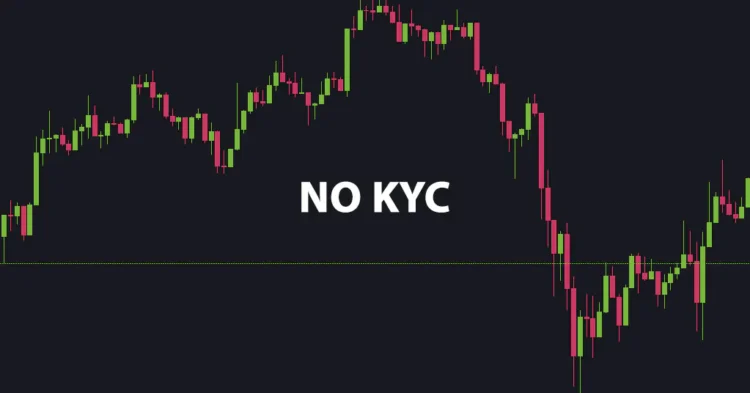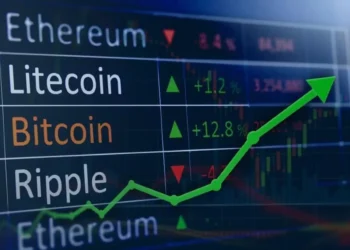Russian-language no-KYC crypto exchanges continue to re-emerge despite crackdowns, often as rebranded versions of previously shut-down platforms.
A report from blockchain forensic firm Chainalysis, dated February 19, notes that while new platforms keep appearing, the overall inflows have declined, suggesting that U.S. and international sanctions are effective.
These newly reopened platforms primarily operate in Russia and frequently collaborate with sanctioned Russian banks. However, they typically lack formal incorporation or registration, making it difficult to determine their legal jurisdiction. This lack of transparency complicates enforcement efforts.
While Chainalysis did not provide exact figures on the number of new platforms or changes in their trading volumes, the firm’s data suggests that over 100 no-KYC Russian crypto exchanges were active in 2024, collectively receiving more than 1.5 billion rubles in value.
The Russian government has intensified its crackdown on crypto-related activities, blocking access to BestChange, a significant crypto over-the-counter aggregator. This action follows the introduction of a law regulating Bitcoin mining and crypto advertising, which prohibits ads for digital assets and services that use Russian infrastructure for crypto transactions.
At the same time, Russian Bitcoin miners are expressing concerns over a new government registry that collects sensitive data, including crypto wallet addresses. Under these regulations, leaked information could pose serious risks. Anton Gorelkin, a Russian lawmaker overseeing information policy, warned that such a breach would be a “big gift to our geopolitical opponents.”
Illegal crypto mining has also significantly burdened Russia’s power grid. In 2024 alone, illicit mining crypto in Russia strained the power grid, costing Rosseti over 1.3 billion rubles. The company identified 130 cases of unauthorized power consumption, resulting in more than 40 criminal investigations. The most affected regions were Rosseti North Caucasus (600 million rubles in losses), Rosseti Novosibirsk (400 million rubles), and Rosseti Center and Volga Region (120 million rubles).
If you want to read more news articles like this, visit DeFi Planet and follow us on Twitter, LinkedIn, Facebook, Instagram, and CoinMarketCap Community.
“Take control of your crypto portfolio with MARKETS PRO, DeFi Planet’s suite of analytics tools.”





















